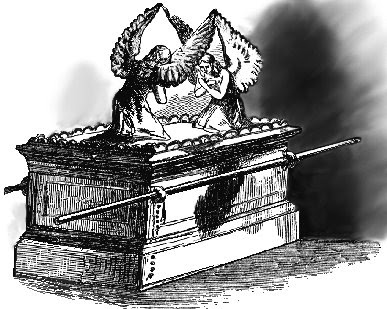A Deal With God: A Review of Covenant: The History of a Biblical Idea by Delbert R. Hillers
In Covenant: The History of a Biblical Idea, Delbert R. Killers seeks to describe the evolution of the Hebrew concept of a contractual agreement between God and man as it developed in the Scriptures. He begins in the first chapter by discussing the difficulties of such an undertaking, citing the inherent problems of Biblical scholarship and the varying shades of meaning the term "covenant" held to the Hebrews.
Most illuminating are his illustrations in the second chapter, through detailed literary analysis, of the impact that Near Eastern suzerainty treaties had on Jewish covenant theology. In succeeding chapters, with scholarship too detailed to recapitulate here, he examines the changing dimensions of God's special relationship with Israel as interpreted by Moses and Joshua, the Judges, the Patriarchs (Abraham and Noah), and the Kings (Saul and David).
After a chapter on the conditional covenant and its ancient Mesopotamian influences, he reveals how Jeremiah and the later prophets sought to rejuvenate decaying religious institutions and faith with the vision of a vague but glorious covenant of a markedly apocalyptic nature. Hillers concludes his survey with the argument, bolstered by further literary criticism, that the Essenes and the early Christians were both responding to Jeremiah's dream of a fresh covenant with a reassuring God, but both did so in distinctly individual fashions.
Perhaps owing to the demands of space, Hillers' study is superficial. Nowhere does he concisely summarize the overall argument of his book, leading one to question whether one exists. He never attempts to link the movement of one major shift in Hebrew theology, as marked by a significant transformation in the conception of the covenant, to another, and so give the overview to covenant theology that the subject so badly needs.
His concluding chapter, on covenant theology among the Essene sect and the first Christians, is especially notable for its hastiness; in one swoop he is flying from one totally different worldview to another. Overall he covers too broad a territory, in both a chronological and a theological sense, to provide a reader with any sense of a consistent argument. In Covenant he attempts too much in too short a space.
BIBLIOGRAPHY
Killers, Delbert R. Covenant: The History of a Biblical Idea. Baltimore: the Johns Hopkins University Press, 1969.

Note: I originally wrote this essay as a Religion paper while a senior at

























